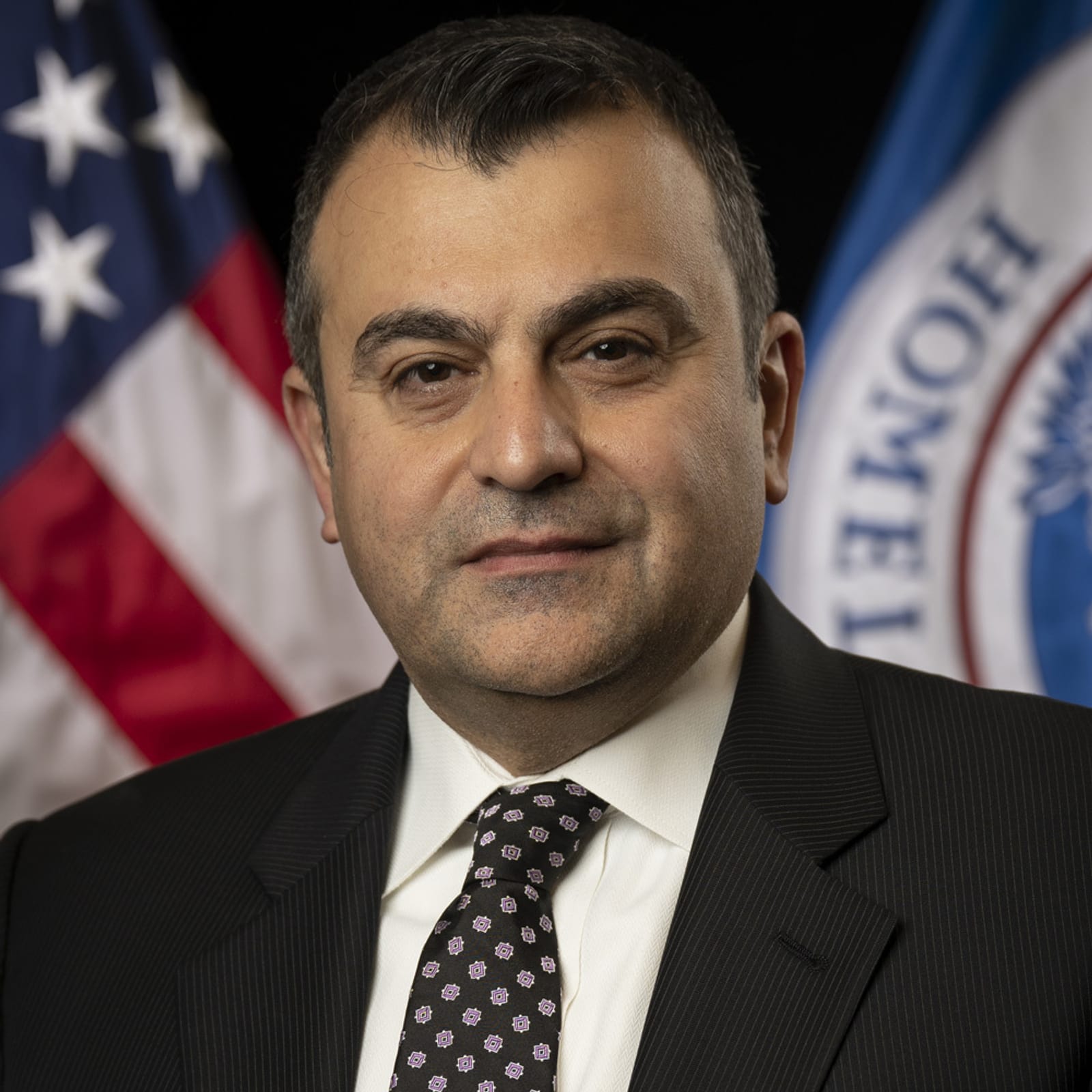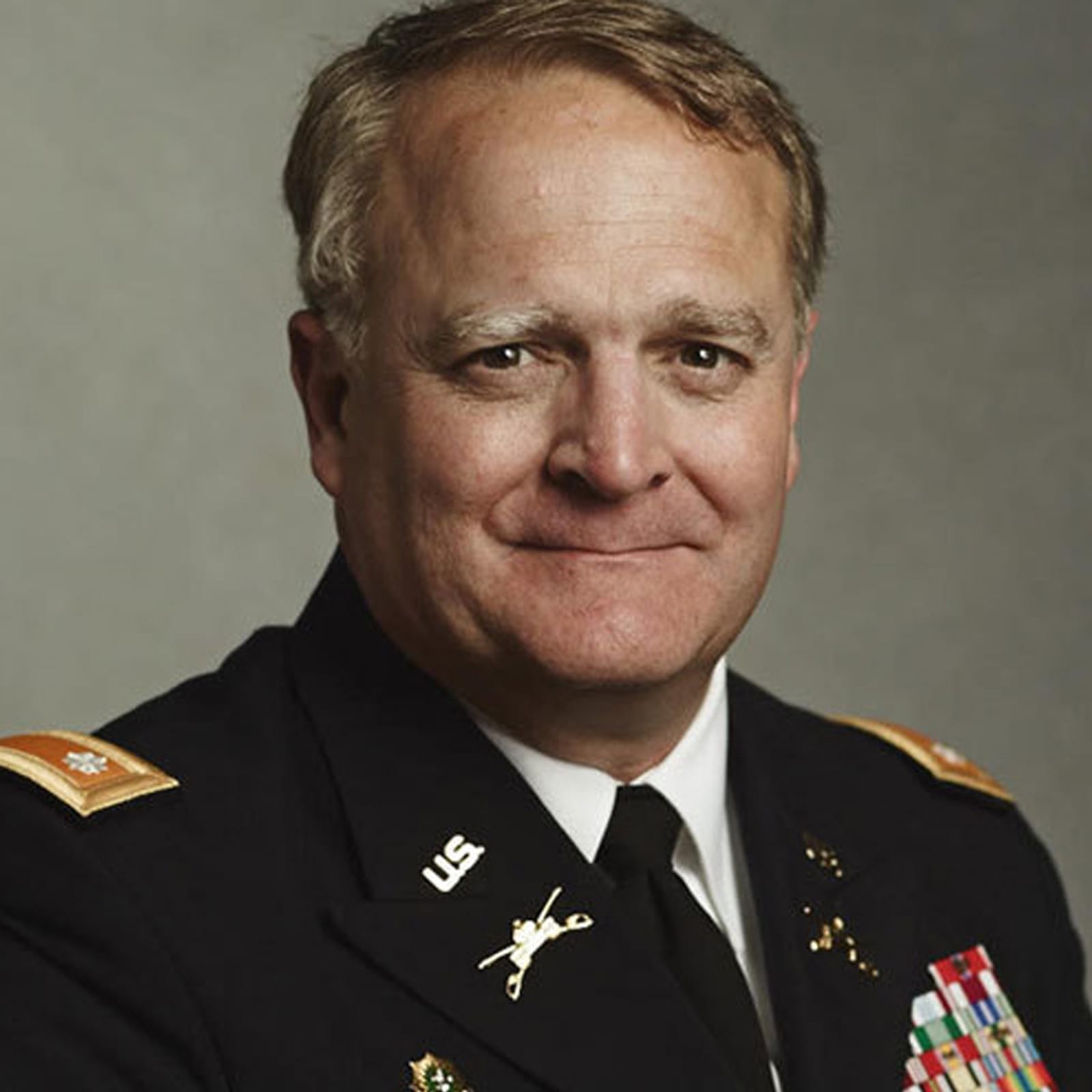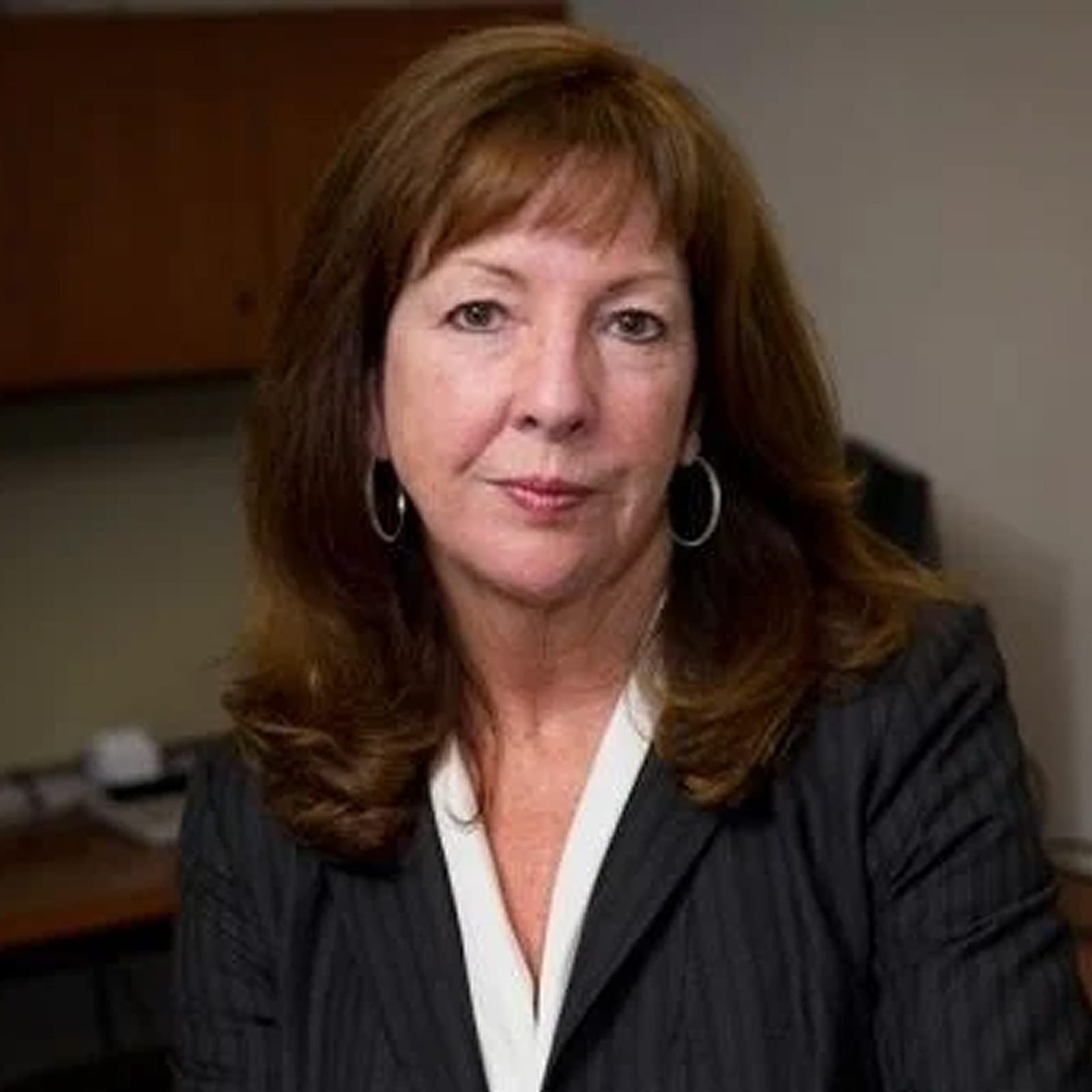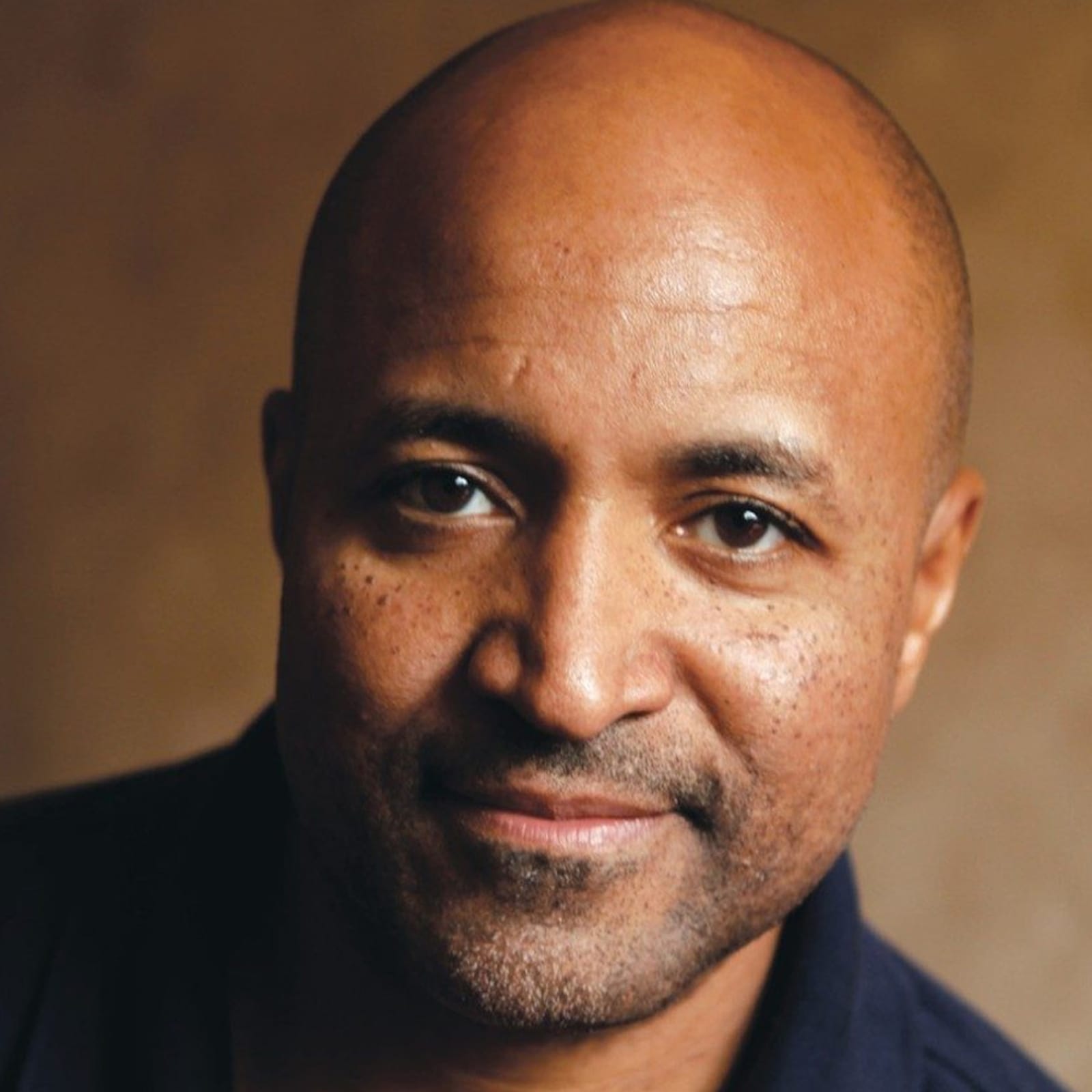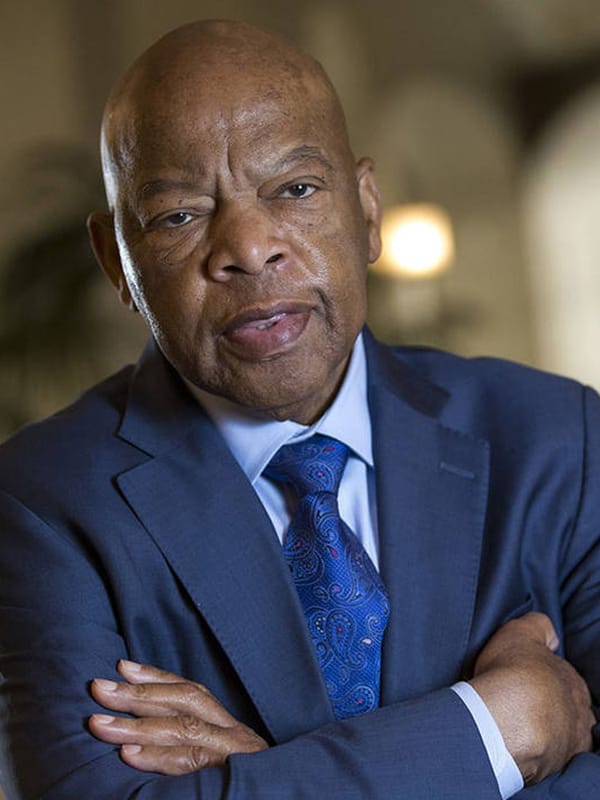
- Courage Prize Recipient, 2012
Often called “one of the most courageous persons the Civil Rights Movement ever produced,” John Lewis has dedicated his life to protecting human rights, securing civil liberties, and building what he calls “The Beloved Community” in America. His dedication to the highest ethical standards and moral principles has won him the admiration of many of his colleagues on both sides of the aisle in the United States Congress.
He was born the son of sharecroppers on February 21, 1940, outside of Troy, Alabama. He grew up on his family’s farm and attended segregated public schools in Pike County, Alabama. As a young boy, he was inspired by the activism surrounding the Montgomery Bus Boycott and the words of the Rev. Martin Luther King Jr., which he heard on radio broadcasts. In those pivotal moments, he made a decision to become a part of the Civil Rights Movement. Ever since, he has remained at the vanguard of progressive social movements and the human rights struggle in the United States.
As a student at American Baptist College, John Lewis organized sit-ins at segregated lunch counters in Nashville, Tennessee. In 1961, he volunteered to participate in the Freedom Rides, which challenged segregation at interstate bus terminals across the South. Lewis often risked his life on those Rides simply by sitting in seats reserved for white patrons. He was also beaten severely by angry mobs and arrested by the police for challenging the injustice of Jim Crow segregation in the South.
During the height of the movement, from 1963 to 1966, Lewis was named Chairman of the Student Nonviolent Coordinating Committee (SNCC), which he helped form. SNCC was largely responsible for organizing student activism in the movement, including sit-ins and other activities.
While still a young man, John Lewis became a nationally recognized leader. By 1963, he was dubbed one of the Big Six leaders of the Civil Rights Movement. (The others were Whitney Young, A. Phillip Randolph, Martin Luther King Jr., James Farmer, and Roy Wilkins). At the age of 23, he was an architect of and a keynote speaker at the historic March on Washington in August 1963.
In 1964, John Lewis coordinated SNCC efforts to organize voter registration drives and community action programs during the Mississippi Freedom Summer. The following year, Lewis helped spearhead a seminal moment of the Civil Rights Movement. Hosea Williams, another notable Civil Rights leader, and John Lewis led more than 600 peaceful, orderly protestors across the Edmund Pettus Bridge in Selma, Alabama on March 7, 1965. They intended to march from Selma to Montgomery to demonstrate the need for voting rights in the state. The marchers were attacked by Alabama state troopers in a brutal confrontation that became known as “Bloody Sunday.” News broadcasts and photographs revealing the senseless cruelty of the segregated South helped hasten the passage of the Voting Rights Act of 1965.
Despite more than 40 arrests, physical attacks, and serious injuries, John Lewis remained a devoted advocate of the philosophy of nonviolence. After leaving SNCC in 1966, he continued his commitment to the Civil Rights Movement as Associate Director of the Field Foundation and his participation in the Southern Regional Council’s voter registration programs. Lewis went on to become the Director of the Voter Education Project (VEP). Under his leadership, the VEP transformed the nation’s political climate by adding nearly four million minorities to the voter rolls. In 1977, John Lewis was appointed by President Jimmy Carter to direct more than 250,000 volunteers of ACTION, the federal volunteer agency.
In 1981, he was elected to the Atlanta City Council. While serving on the Council, he was an advocate for ethics in government and neighborhood preservation. He was elected to Congress in November 1986 and has served as US Representative of Georgia’s Fifth Congressional District since then. He is Senior Chief Deputy Whip for the Democratic Party in leadership in the House, a member of the House Ways & Means Committee, a member of its Subcommittee on Income Security and Family Support, and Chairman of its Subcommittee on Oversight.
John Lewis holds a BA in Religion and Philosophy from Fisk University, and he is a graduate of the American Baptist Theological Seminary, both in Nashville, Tennessee. He has been awarded more than 50 honorary degrees from prestigious colleges and universities throughout the United States, including Spelman College, Princeton University, and Georgetown University. John Lewis is the recipient of numerous awards from eminent national and international institutions, including the Martin Luther King, Jr. Non-Violent Peace Prize, the Lincoln Medal from the historic Ford’s Theatre, and the only John F. Kennedy “Profile in Courage Award” for Lifetime Achievement ever granted by the John F. Kennedy Library Foundation.
John Lewis authored his biography with writer Michael D’Orso, entitled Walking With The Wind: A Memoir of the Movement (June, 1998). In 2006, two other books were written about his life: Freedom Riders: John Lewis and Jim Zwerg on the Front Lines of the Civil Rights Movement, by Ann Bausum, and John Lewis in the Lead, by Jim Haskins and Kathleen Benson, with illustrations by famous Georgia artist, Bennie Andrews. John Lewis has also been featured in many books about the civil rights movement, including The Children by David Halberstam and the Taylor Branch series on the movement.
John Lewis lives in Atlanta, Georgia and is married to Lillian Miles. They have one son, John Miles.
More 2012 Prize Winners
One Bold Move, Countless Lives: Empowering Humanity, Changing the World.
